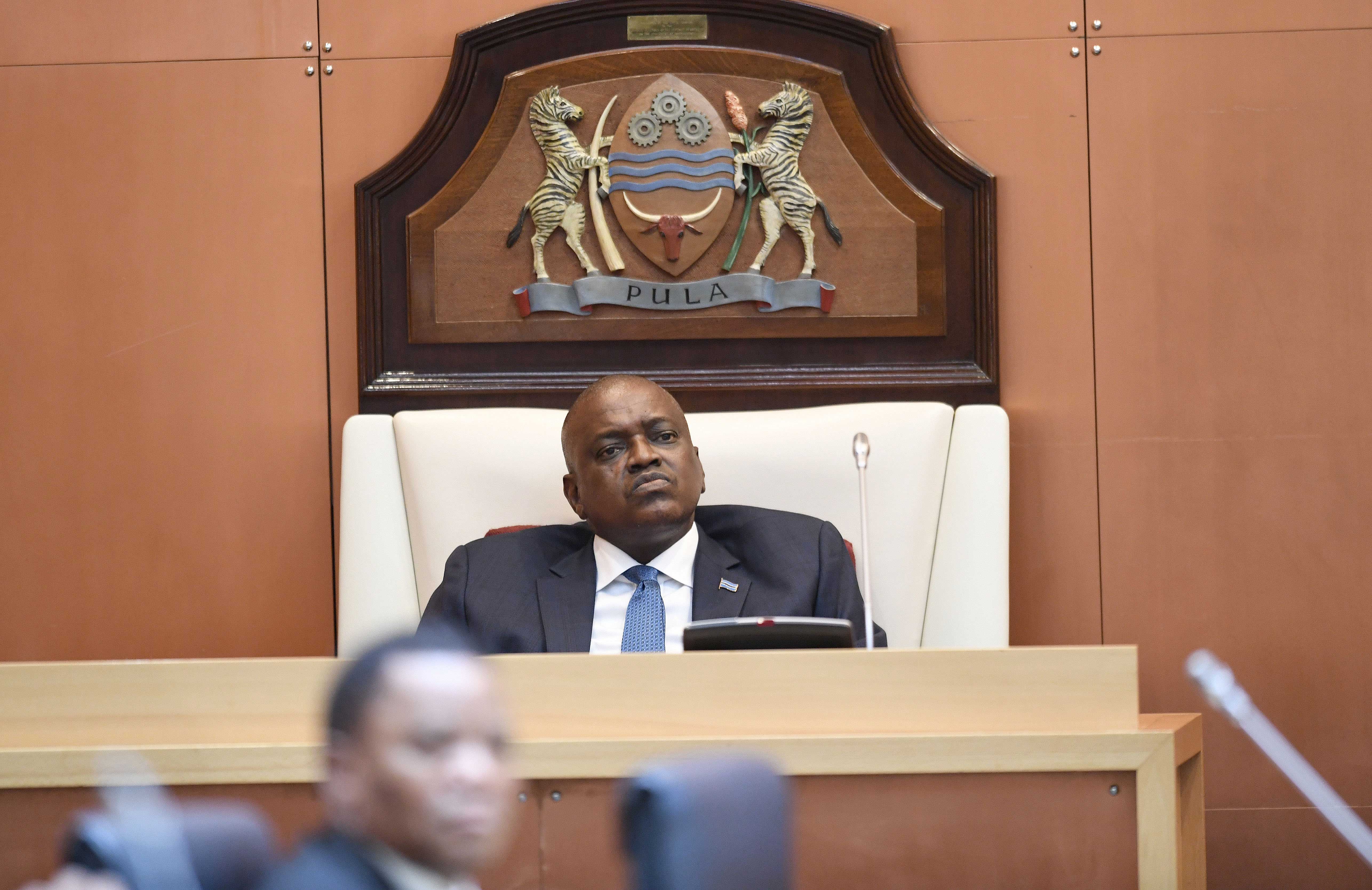- Prisons Commissioner says IEC should provide direction
- Says prisons is ready to implement the law anytime when called to do so
- The Electoral law allows convicts serving six-months or less to vote
- Masisi opposed the move in 2013, PSP says IEC has never engaged them
- IEC says efforts were made previously but in vain
TEFO PHEAGE
Botswana Institute of Rehabilitation and Reintegration of Offenders (BIRRO)- the ex-convicts institution has requested a meeting with the President, Mokgweetsi Masisi to hear his explanation on why Government is refusing to implement the electoral law allowing prisoners serving six months and less to vote in general elections.
Section 6(1) (b) of the Electoral Act stipulates that no person will be allowed to register as a voter if a death sentence or a prison sentence exceeding six months has been imposed on him or her, notwithstanding the fact that the sentence was suspended or another form of punishment was substituted for it.
In 2013, Masisi-then the Minister of Presidential Affairs and Public Administration, said that Botswana is not ready to allow prison inmates to vote in the general elections. The Ex-prisoners’ movement say they want to hear Masisi’s position now as a president on why they cannot implement the law and allow the eligible prisoners to vote at the next general elections.
Confirming that they have indeed asked for a meeting with the president, the chairman of BIRRO, Mothei Sejakgomo said, “It is true that we have requested to meet the president and one of the issues we want to discuss is the refusal by the government to grant prisoners eligible to vote their voting rights,” he said in an interview with this publication.
Mothei said approaching Masisi was due to the President having already shown that he is a man who listens and always willing to engage and consult, “he is promising and has already made an undertaking that he will abide and be guided by the law,” he added.
Mothei said the Independent Electoral Commission and the Government of Botswana both agree that the law is clear on this matter but have refused to implement the law to facilitate eligible prisoners voting. “If countries like South Africa are doing it why can’t we,” he said, further adding that “the IEC has an obligation to facilitate registration of voters in prison.”
Voting facilities to enable voter participation varies greatly from postal votes to mobile voting machines however concern has been raised that such systems will not be put in place with sufficient time as the supplementary registration ends on the 31st of March.
Prisons Commissioner, Silas Motlalekgosi is of the view that IEC should be engaged to pronounce its position and advise on the matter, “I am aware of that issue pertaining to prisoners voting rights. I have been with this institution for about eleven years now and it has always been there. I have been engaged on it several times and I have always referred people to IEC,” he said.
The Commissioner of Prisons said his department is ready and more than willing to implement whatever IEC will recommend, “we are a law abiding institution, we should act immediately once that issue is brought to us,” he said further refusing to dwell on his views on related concerns on the practical implementation of prisoner voting rights, “I do not want to be seen as imposing my views on anybody or institution,” he said.
Sources at IEC say the government has been reluctant to engaged on the matter even when asked to do so in the past. Carter Morupisi, the permanent secretary to the president who has been at the office of the president, however tells a different story.
“I honestly do not remember when that issue was brought to us. It has not been raised with us and I would not want to speak about the IEC. I think you need to engage them on that matter for further clarity,” Morupisi said.
Despite Morupisi’s statement the IEC spokesperson, Osupile Maroba said the law is clear that prisoners serving six months sentence and less have the right to vote, “but we cannot impose our authority into prisons as the law is silent on how we should go about it,” he said.
The IEC position on prisoner voting rights is clearly not in sync with Prisons Commission who says they are just waiting for IEC to engage them on the issue.
According to IEC, Prisons is a high security area and they need to be advised on how to treat the matter. “Even apart from bringing voting services to prisons, we always make sure that our facilities are always near prisons for those who may want to vote if allowed.”
Maroba refuted reports that they have not made attempts to reach out to authorities on the matter saying, “I do not want to sound combative or counteractive but the truth of the matter is that we have made attempts in the past and we still do,” he said.
The Electoral Commission has recently complained of low voter turnout. It is not yet known whether the many efforts to increase voter turnout and encourage participation in the political process have borne any fruit.




